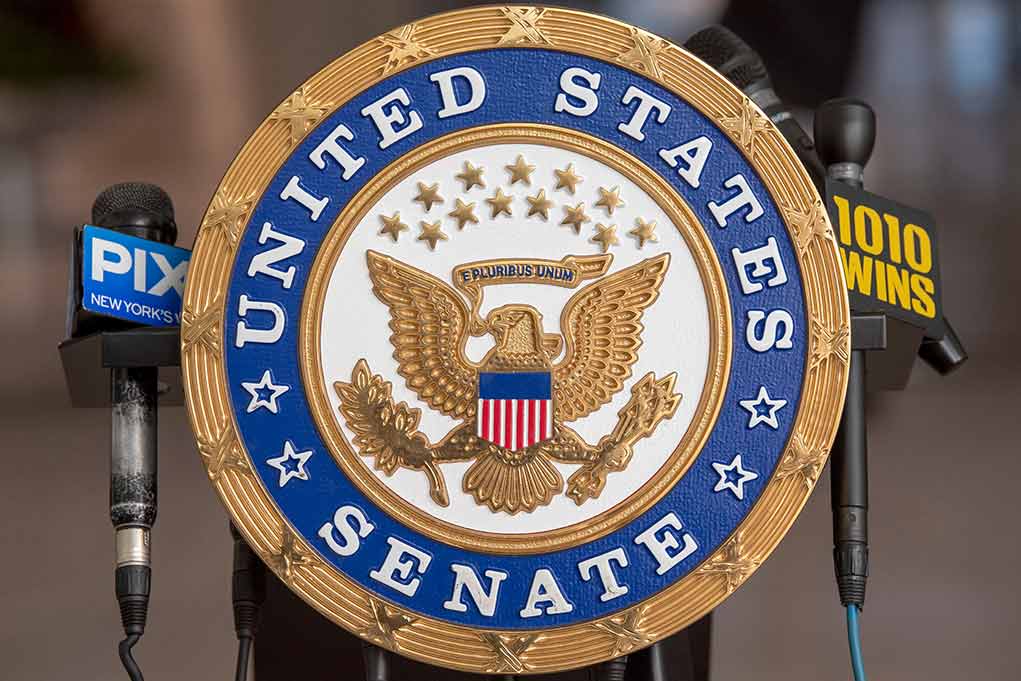
Senate Republicans are currently ensnared in internal conflicts, jeopardizing the progress of President Donald Trump’s critical budget priorities and legislative agenda.
Key Takeaways
- Internal GOP conflicts may delay key legislature until July.
- John Thune indicates budget resolution may not complete until late summer.
- Mike Johnson advocates for quicker actions to stabilize the markets.
- Contentious issues include defense spending and tax policy.
Internal Conflicts Impacting Legislation
Senate Republicans face internal disagreements that may delay President Trump’s agenda regarding border security, energy, and tax strategy. These disagreements extend the timeline for significant legislation to no earlier than July. According to the Senate Majority Leader John Thune, the completion of the budget resolution is now expected to drag on through late summer, despite expectations of expedited action.
Despite urgency from House Speaker Mike Johnson to settle these matters by April to stabilize markets, the Senate remains divided. Disagreements persist over multiple issues, including defense spending allocations and the need to extend tax cuts from 2017 for market and business stability. These differing viewpoints showcase the complexity of attaining a unified consensus within the party.
Leadership’s Position on Budget Timelines
John Thune has been critical of the House’s ambitious timeline, describing it as overly optimistic and insisting their budget resolution needs a significant overhaul. Thune has expressed skepticism about moving the finished product until the end of July, questioning whether the House has effectively prepared their proposals.
Meanwhile, House Speaker Johnson continues to push for an April target for passing budget reconciliation, inclusive of significant legislative components such as defense spending and energy reform. The Senate’s leadership, however, harks back to more cautious deadlines, considering the ongoing fractures within their own ranks.
Defense Budget and Policy Disputes
Among the sticking points is defense spending. Senate Armed Services Committee Chair Roger Wicker has advocated for at least $175 billion in defense funding, much more than the House’s proposal, stating “We’re going to need more than $150 billion in the reconciliation bill, if we’re going to be able to defend the country.” He also emphasizes the need for more significant investments in response to threats from nations such as China.
Disputes are further fueled by differing views on entitlement spending and tax policy. The necessity to extend tax cuts, which are seen as critical for economic growth and stability, remains at the center of GOP strategy. These fiscal challenges highlight the diversity of perspectives within the Republican caucus, complicating cohesive decision-making.
Sources
1. Report: Senate Republicans at Odds over Trump’s ‘Big Beautiful Bill,’ May Not Pass Until July
2. GOP senators warn Trump agenda will be slowed by internal divisions




